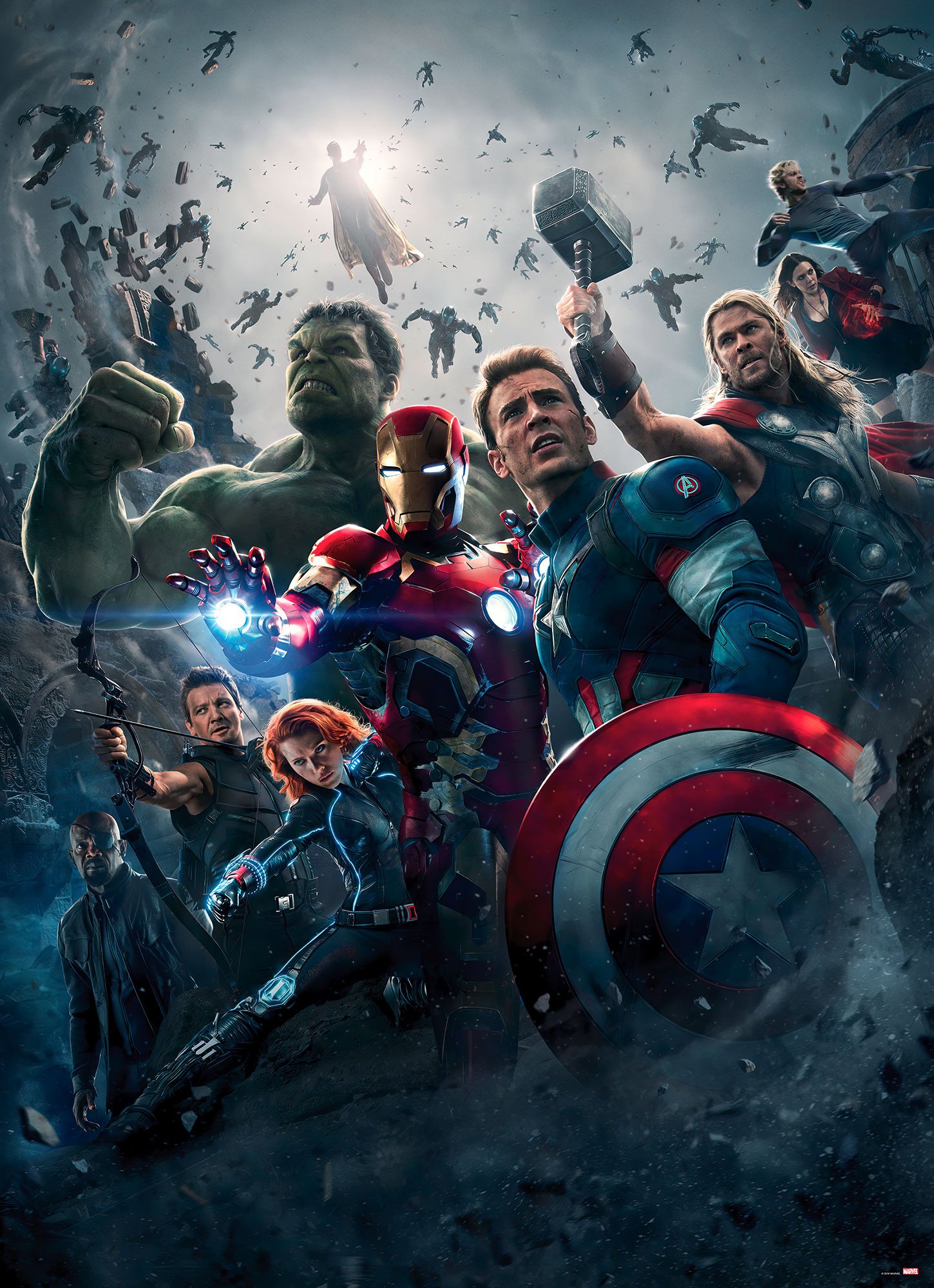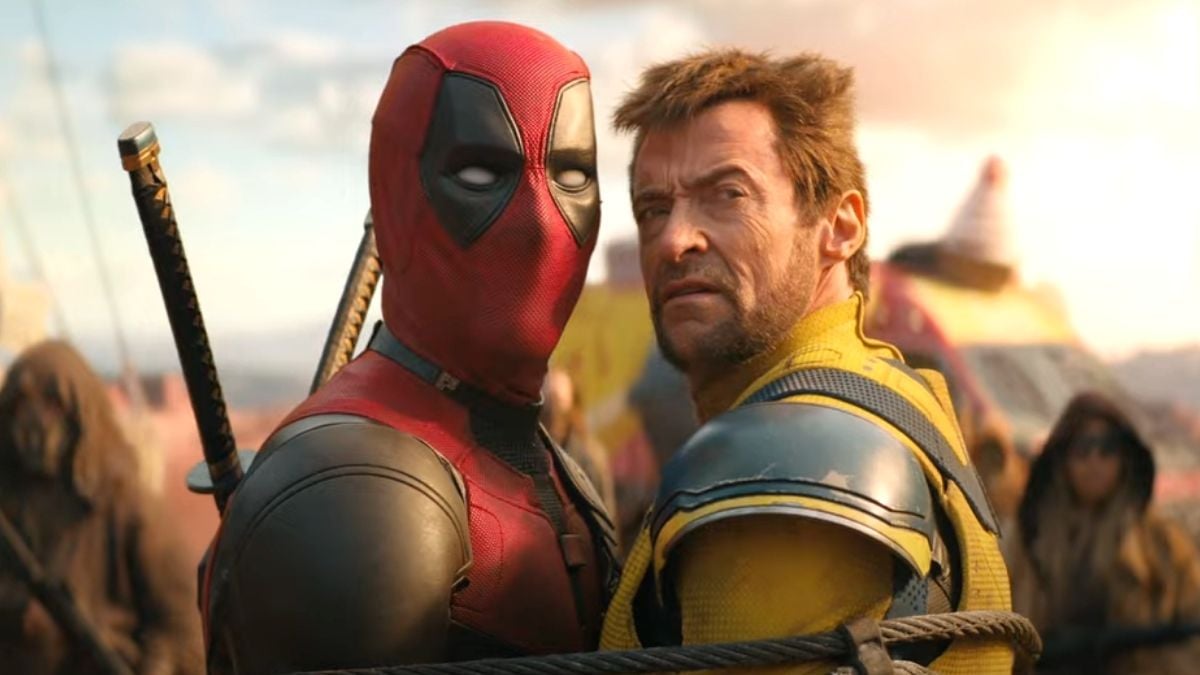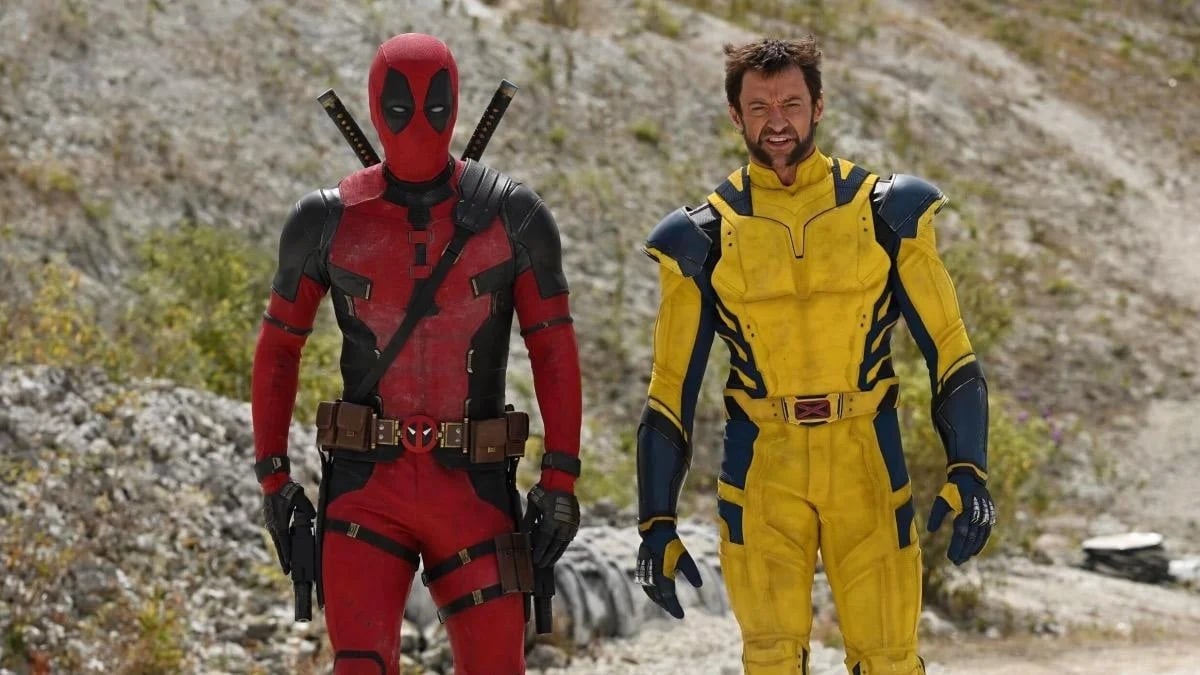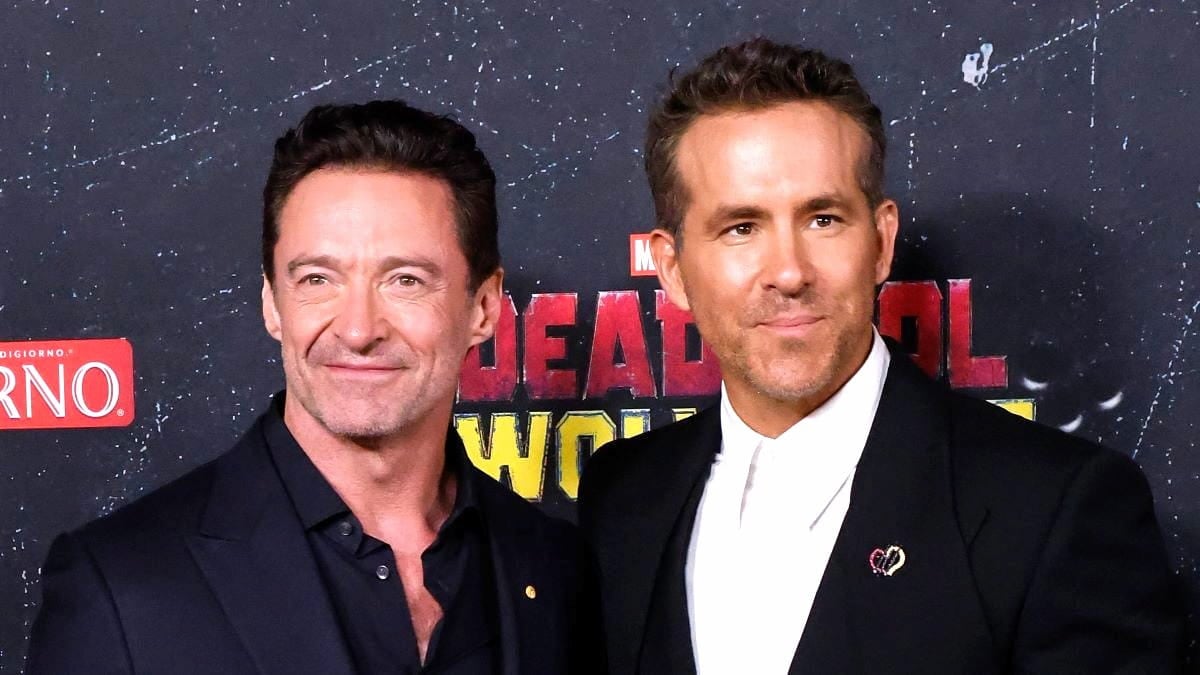
Realizing you’re about to watch a new movie by the director of Point Blank, Deliverance and Zardoz is an odd experience. In his 81st year, we find John Boorman in a reflective mood, gazing into his own past and trying to assemble fragmented memories into a coherent whole. The result is Queen & Country, a loose sequel to his award-winning 1987 classic Hope & Glory.
That film followed Bill, a fictionalized childhood analogue of Boorman, through the chaos of London Blitz. Queen & Country picks up his story a decade later in 1951. Bill (Callum Turner) has just turned 18, making him eligible to be conscripted for two years of national service. Though just six years since VE Day, the mood in the country has perceptibly shifted; the vague rumblings from Korea feeling inconsequential in comparison to the previous threat of wartime bombardment.
The majority of the film takes place within a training camp for conscripts somewhere near London. Bill befriends his extroverted, anarchic room-mate Percy (Caleb Landry-Jones), rubs up against his stick-in-the-mud commanding officer, Sergeant-Major Bradley (David Thewlis) and romances a mysterious suicidal posh girl (Tamsin Egerton) – encounters which combine to transform the boy we meet in the opening scenes to the man in the closing scenes.
Queen & Country ends up as a rather frustrating watch, for every nicely observed moment there’s two that don’t work at all. The film tends to fire on all cylinders when poking fun in the ludicrousness of transforming boyish conscripts into vicious killing machines. In Bill and Percy’s pranks and skiving, the film begins to remind of military comedies like M*A*S*H or even Dad’s Army.
These sequences are elevated by the presence of steady hands like Richard E. Grant, David O’Byrne and Pat Shortt as various members of the military structure. Grant isn’t given a huge amount to do, yet deploys his predatorial grin to superb effect ,and Shortt impresses as a skiving, duplicitous spivvy type. But it’s Thewlis who really shines, playing a tight-arsed stickler who lives and dies by military regulations. The character is a complete bastard and Thewlis makes no effort to win the audience’s sympathy – yet eventually manages to do so through subtle tics that speak of pent up trauma.

It’s when we leave the camp that the film takes a real nose-dive in quality. It is here that the semi-sequel status begins to harm the narrative, with Boorman expecting us to be familiar with the events and characters of Hope & Glory (which came out 26 years ago) to the extent of not bothering to do proper introductions. Weird vestigial plot strands dangle in the breeze: a reference to Bill’s mother having an affair, his sister’s unexplained incestuous behaviour or simply who his family actually are.
Bubbling under all this is a romance with the pretty, doomed and mysterious Ophelia (Tamsin Egerton), a beautiful posh girl plagued by… something. Their mutual love forms a major part of Bill’s development, but frankly it doesn’t make any sense at all. Ophelia is so enigmatic that there’s no room for anything else, ending up as more beautiful ornament than character.
The real low-point comes with Caleb Landry-Jones’ bizarrely off-key performance. In his hands, Percy, who appears to be written as an impulsive loveable rogue, becomes a criminally insane sociopath. With red-rimmed eyes that make him look like he’s been up all night crying and his gangly body language, he seems to be rolling through the worst parts of a week-long amphetamine binge. This is all in combination with a truly atrocious stab at an English accent that sounds like someone doing a really really (really) bad Basil Fawlty impression. Rather than root for his japes, you quickly drift into concern for his roommate Bill, half expecting to see him crouched above our sleeping hero, maniacal grin plastered on his face and bloody knife in hand.
That these are Boorman’s memories immortalized on film adds a poignant tinge to proceedings. Most of these character’s real life counterparts will be long dead, previously remembered only in yellowed photographs and second-hand memories. Time has reduced men like Sergeant-Major Bradley to dust and mouldy bones, yet Boorman resurrects him, giving him eternal celluloid life.
It’s a pity that Queen & Country gets away from Boorman so often, as there’s a worthwhile core that we only catch glimpses of. National service in the postwar period is obviously worthy dramatic territory, a perfect example of the generational gap between those whose hearts rest in God, Empire, Royalty and the Union Jack, and the youth, who are beginning to realize that the future’s theirs and society can be what they want it to be.









Published: Oct 12, 2014 09:51 pm